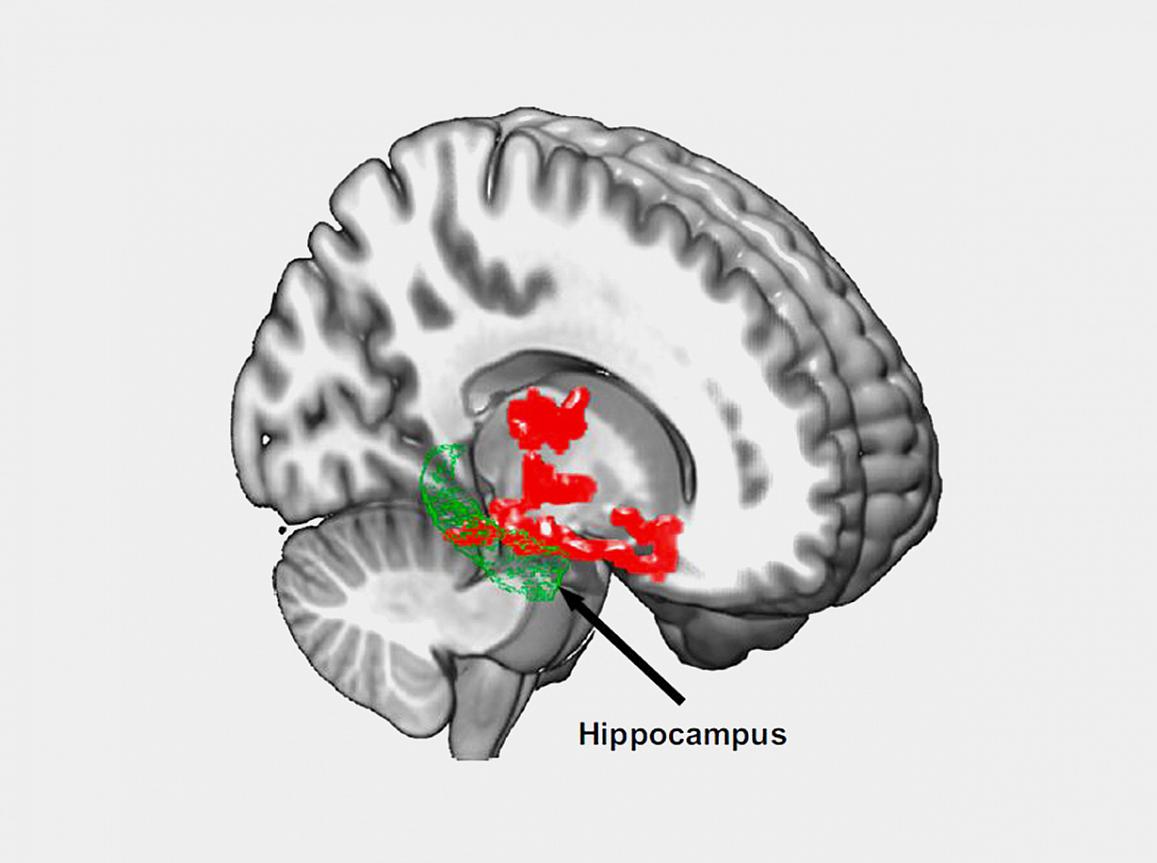Lack of sleep may be linked to risk factor for Alzheimer’s disease
Preliminary IRP study shows increased levels of beta-amyloid
Losing just one night of sleep led to an immediate increase in beta-amyloid, a protein in the brain associated with Alzheimer’s disease, according to a small, new study by researchers at the National Institutes of Health. In Alzheimer’s disease, beta-amyloid proteins clump together to form amyloid plaques, a hallmark of the disease.
While acute sleep deprivation is known to elevate brain beta-amyloid levels in mice, less is known about the impact of sleep deprivation on beta-amyloid accumulation in the human brain. The study is among the first to demonstrate that sleep may play an important role in human beta-amyloid clearance.
“This research provides new insight about the potentially harmful effects of a lack of sleep on the brain and has implications for better characterizing the pathology of Alzheimer's disease,” said George F. Koob, Ph.D., director of the National Institute on Alcohol Abuse and Alcoholism (NIAAA), part of the National Institutes of Health, which funded the study.
Beta-amyloid is a metabolic waste product present in the fluid between brain cells. In Alzheimer’s disease, beta-amyloid clumps together to form amyloid plaques, negatively impacting communication between neurons.
Led by Drs. Ehsan Shokri-Kojori and Nora D. Volkow of the NIAAA Laboratory of Neuroimaging, the study is now online in the Proceedings of the National Academy of Sciences. Dr. Volkow is also the director of the National Institute on Drug Abuse at NIH.

Brain imaging after one night of sleep deprivation revealed beta-amyloid accumulation in the hippocampus and thalamus, regions affected by Alzheimer’s disease.
This page was last updated on Friday, January 21, 2022